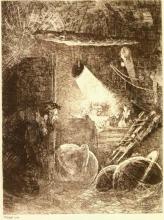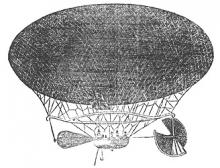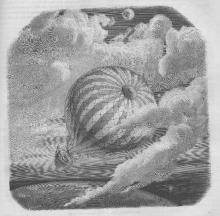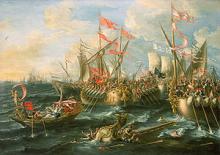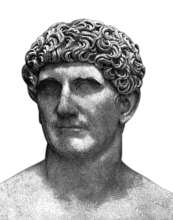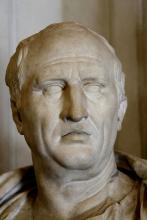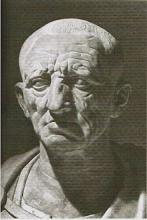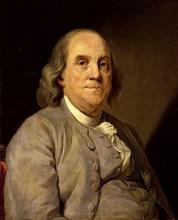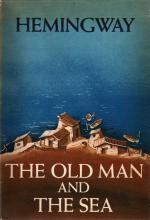MS. Found in a Bottle
My Thoughts
I like to believe that Poe and I have similar styles of thought. The enigmas of life, the uncharted, and unknown universe assiduously keep me in profound thought. It isn't just the unknown that keeps my mind occupied, but the more than probable abhorrent situations that they may potentially bring to life. When concerning the ocean, giant rogue waves, the abyss, and whirlpools keep me in suspense. Poe seems to have thought that way about whirlpools, also know as maelstroms.
